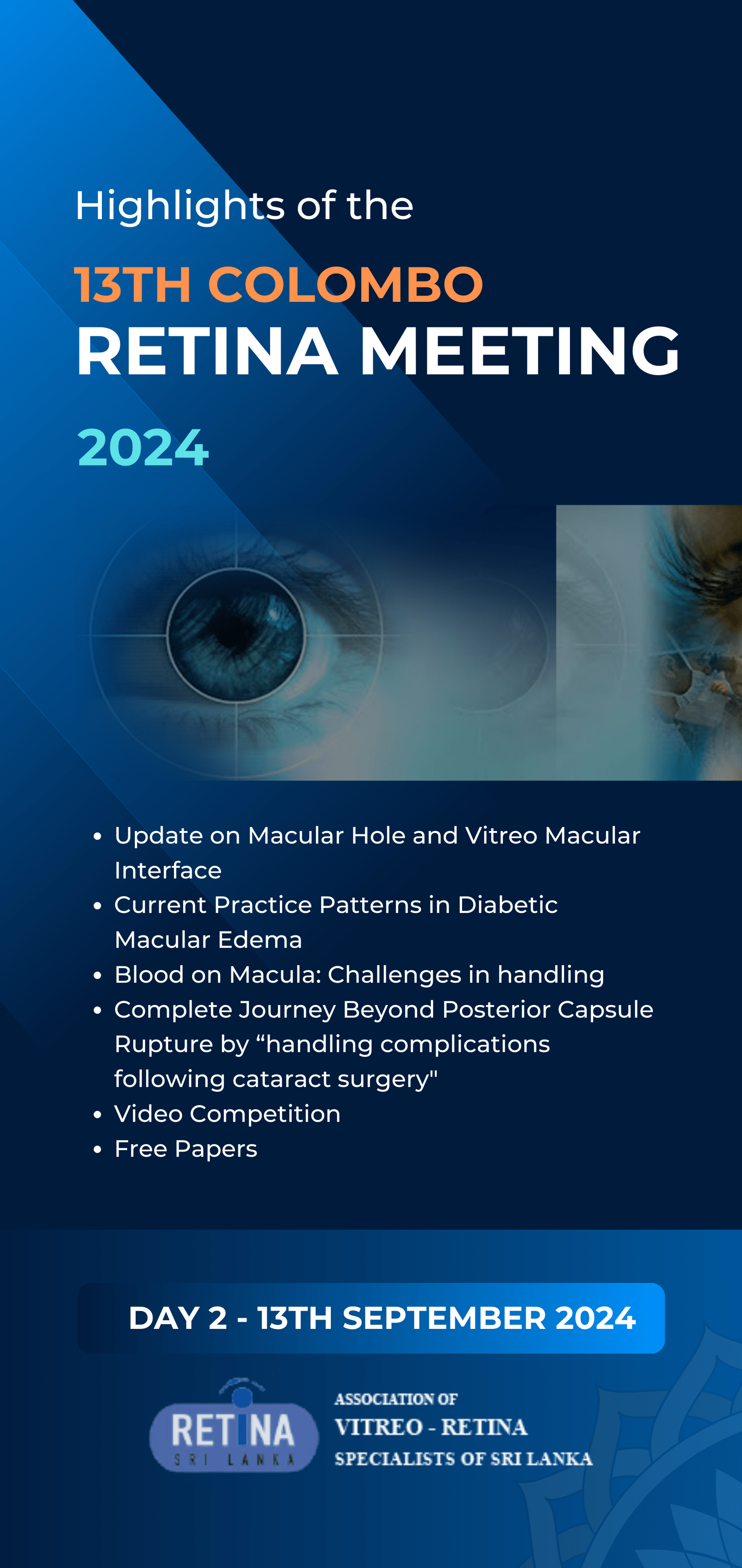FAQ
Answers from us for your medical questions related to your eyes
Through an expert committee on ophthalmology in Sri Lanka, solutions to your everyday problems and the specialties of our committee are mentioned. See also how your activities affect the health of your eyes and the recommendations made by our association for maintaining good eye health.
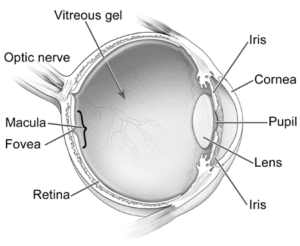
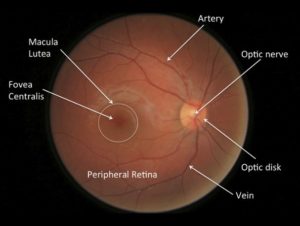
Vitreo-Retinal surgeons are highly trained medical specialists who have specialized in ophthalmology and sub-specialized in diagnosing and treating diseases and surgery of vitreous body (gelly at the back of the eye) and Retina (Light sensing layer at the back of the eye).
Vitreo-retinal surgeons treat following conditions
1.Retinal detachments- A potentially blinding condition. Separation of the retina from rest of the wall of the eye like a curtain in a room has fallen. Need to reattach the retina as early as possible to preserve the vision.
2.Diabetic eye disease (Diabetic retinopathy and complications)
3.Bleeding to gelly at the back of the eye (Vitreous haemorrhage)
4.Traumatic eye injuries and rupture of globes (traumatic rupture of an eye ball)
5.Complicated cataract surgeries with dropped pieces of lens matter to back of the eye
6.Occlusion of blood vessels and its complications (Vein occlusions)
7.Repair of macula holes
8.Treatment of infection of the back of the eye (Endophthalmitis) to preserve the vision.
9.Release of traction to the centre of retina by decaying gelly at the back of the eye (Vitreo-macula traction) and peeling of scar tissue at the centre of the back of the eye (Epiretinal membranes)
10.Treatment of Age related macular degeneration
11.Fixation of artificial lenses by special means in those eyes which had complicated cataract removal.
12.Floaters and Flashes
- Discuss with your doctor about risks and benefits of the procedure and any alternatives available.
- As a patient you have the right to take the decision and doctor is there to help you to take the decision of a procedure
- Sign informed consent form (give the link)
- Follow the advices of your doctor
- Discuss with your doctor about preferred anaesthesia
Yes, if you are given an injection around your eye to make it numb. If you are given general anaesthesia you are not awake.
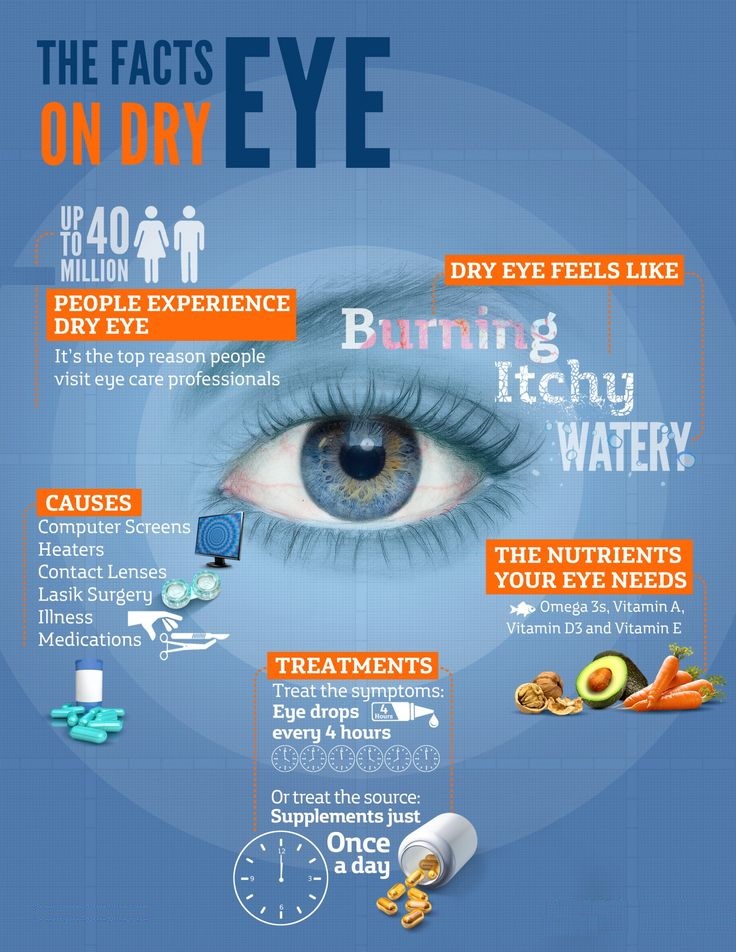
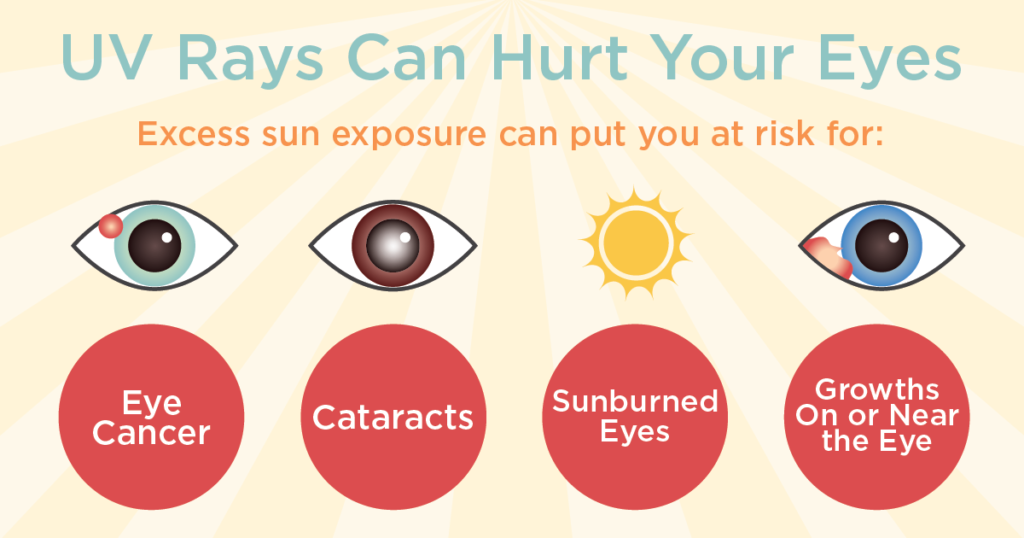
If you have gas in the eye following the procedure you can’t fly until the gases are fully gone. It depends on the type of the gas in the eye. If it is a long acting gas usually 6-8 weeks. But confirm it with your doctor before you fly.
Help & Support


